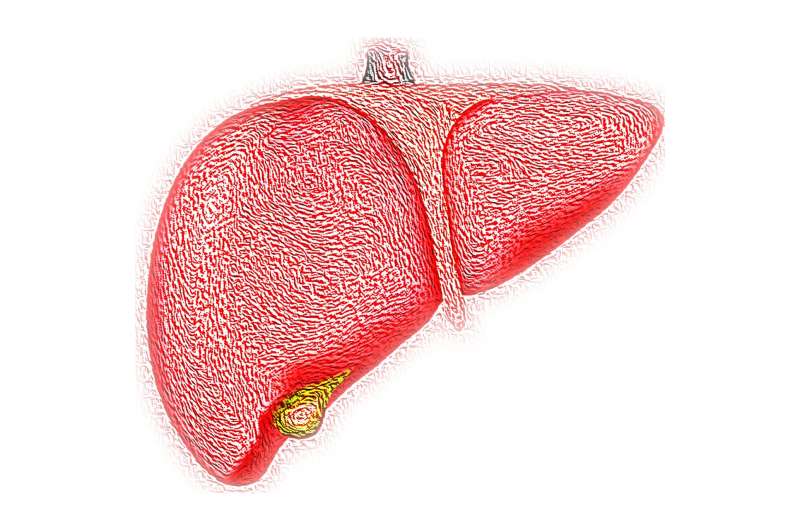
A research team at the Department of Pathology, LKS Faculty of Medicine, The University of Hong Kong (HKUMed) in collaboration with Hong Kong and mainland researchers, has revealed an unrecognized function of patient-derived circulating extracellular vesicles (EVs) in liver cancer metastasis. These ground-breaking findings, giving insights into early diagnosis and a new therapeutic strategy for liver cancer, are now published in Journal of Hepatology.
Background
Liver cancer is the sixth most common cancer and the third leading cause of cancer related death worldwide. It is highly prevalent in mainland China and Hong Kong. Surgery remains the mainstay of treatment. Liver cancer can be asymptomatic in the early stage, which explains why liver cancer patients are often diagnosed at the advanced stage and precluded from curative treatment. Poor prognosis of liver cancer patients highlights the need to have promising biomarkers for early diagnosis and reinforces the necessity for a better understanding of the mechanistic basis of this deadly disease, in order to develop effective therapeutics for the patients.
Research methods and findings
Using proteomic profiling to compare circulating EVs obtained from the sera of control individuals and liver cancer patients at early and advanced stages, the team discovered a stepwise upregulation of polymeric immunoglobulin receptor (pIgR) in the circulating EVs from control individuals, cancer patients at the early stage to those at the advanced stage. The level of EV-pIgR decreases in about 70% of patients after surgery. These findings suggest the crucial role of EV-pIgR in liver cancer development and its potentiality as a non-invasive diagnostic marker for liver cancer.
The research team further demonstrated the functions of pIgR-enriched EVs, obtained from serum of cancer patients and metastatic liver cancer cell lines, in promoting cancer stemness, tumorigenesis and metastasis in a mouse model of liver cancer. The oncogenic effect of EVs is dramatically compromised when the expression or function of pIgR is suppressed. The team also unraveled the molecular mechanism by which EV-pIgR activates PDK1/Akt/GSK3β/β-catenin signaling axis in cancer cells.
Sorafenib is the first-line systemic treatment for advanced inoperable liver cancer. The team showed that combined treatment using anti-pIgR antibody and sorafenib is more effective than sorafenib alone in inhibiting tumor development in a patient-derived xenograft mouse model. The outcome suggests an alternative effective therapeutic approach for cancer patients.
Research significance
The team has made a major breakthrough in elucidating the role of pIgR carried by EVs of liver cancer patients as a key modulator of tumor progression with clinical relevance and applications. The circulating nature of EV-pIgR and its correlation with tumor stages suggest the potential application of EV-pIgR as a non-invasive biomarker for liver cancer.
Source: Read Full Article